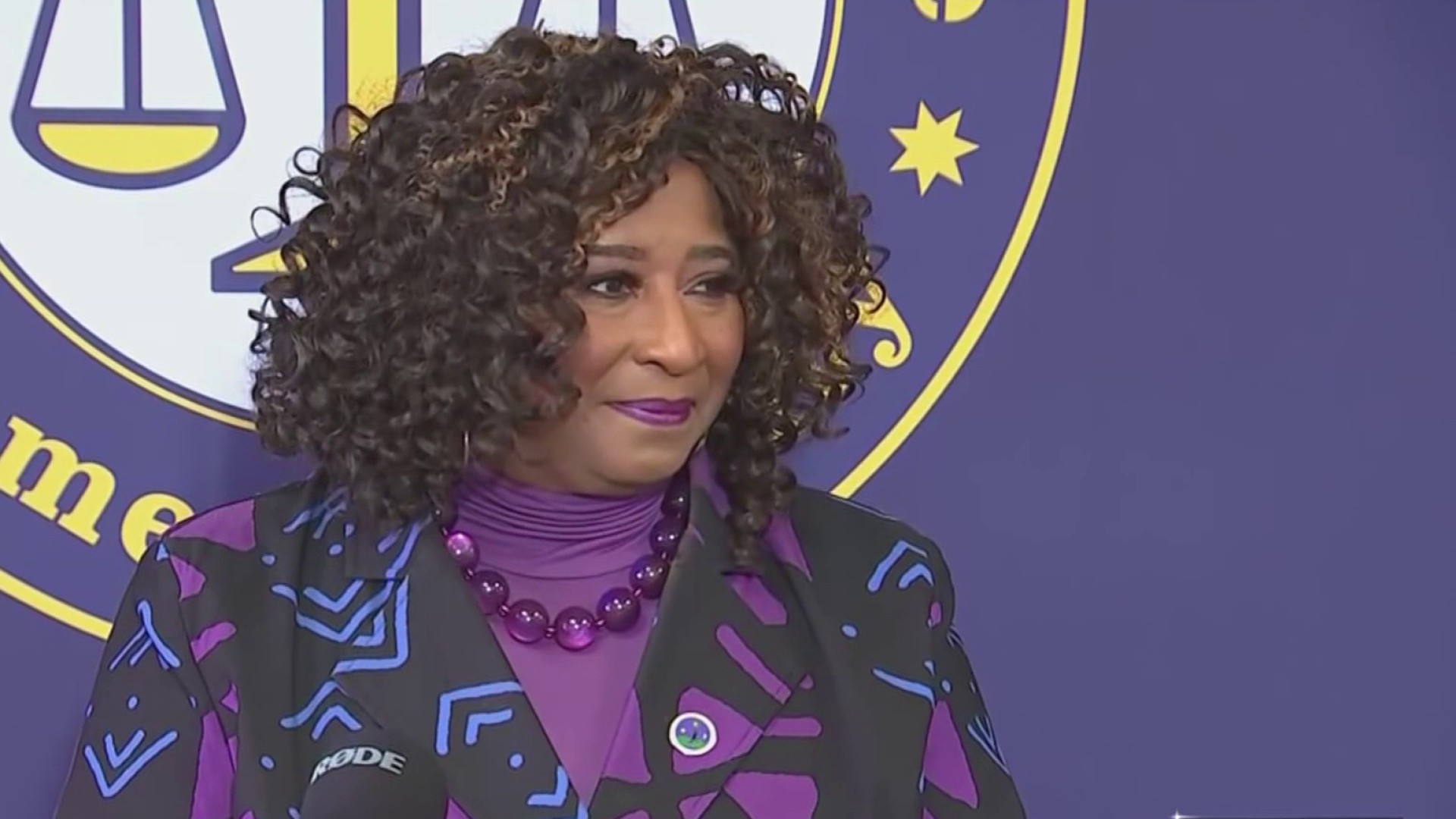What to Know
- Some PG&E customers report calls from someone claiming to represent the utility, threatening to shut off their power
- The caller claims the customer's bill is overdue, and power will be cut off within 30 minutes if they don't give payment info by phone
- PG&E says these calls are a scam, and that it will never ask for payment information over the phone
If you get a phone call from someone demanding payment for your PG&E bill, be aware -- it might be a scam.
Multiple NBC Bay Area viewers contacted us this week, all with the same story: they received a suspicious phone call from someone claiming to be a PG&E representative. The caller claimed the recipient was behind on their electric bill, and threatened to turn off the power unless payment was made within 30 minutes.
Judy in Sunnyvale got the call over the weekend. She transcribed part of what the caller said:
"(Your) power will get disconnected in 30 minutes, due to a pending balance on the account. Call the direct billing department at [a 1-888 number] to avoid power disconnection."
Judy knew something was up, so she didn't call back. Instead, she called the NBC Bay Area Responds team.
We also heard from Art in Milpitas, and Preston in San Francisco. They both got the same call on Monday. They told us the caller said they were two months overdue on their power accounts, and the caller demanded immediate payment using prepaid credit card numbers. If they didn't pay right away, the caller said their electricity would be turned off.
Local
Preston said he spoke with the caller for several minutes, pressing him to explain the claim he was behind on his power bill, and why he wouldn't accept payment at a nearby PG&E bill pay center.
"That's when he got angry, and told me to pay him over the phone, or he was turning off my power in 30 minutes," Preston told NBC Bay Area.
Preston said he later checked the phone number from his caller ID to the phone number on his PG&E bill -- and it didn't match.
Art was smart, too. He told us he reported the call to PG&E and the Milpitas Police Department.
That's what PG&E says you should do if you get the call. A spokeswoman told NBC Bay Area our inquiry was the first time she'd heard of a scam like this, and said the report would be sent to the company's fraud investigation team.
Shortly after NBC Bay Area first contacted PG&E, it issued this warning to all customers via Twitter:
PG&E says it will never ask for payment information over the phone, and it will always issue a warning for power disconnection via mail.
Customers can learn more about this and other scams at PG&E's scams and fraud resource website.



